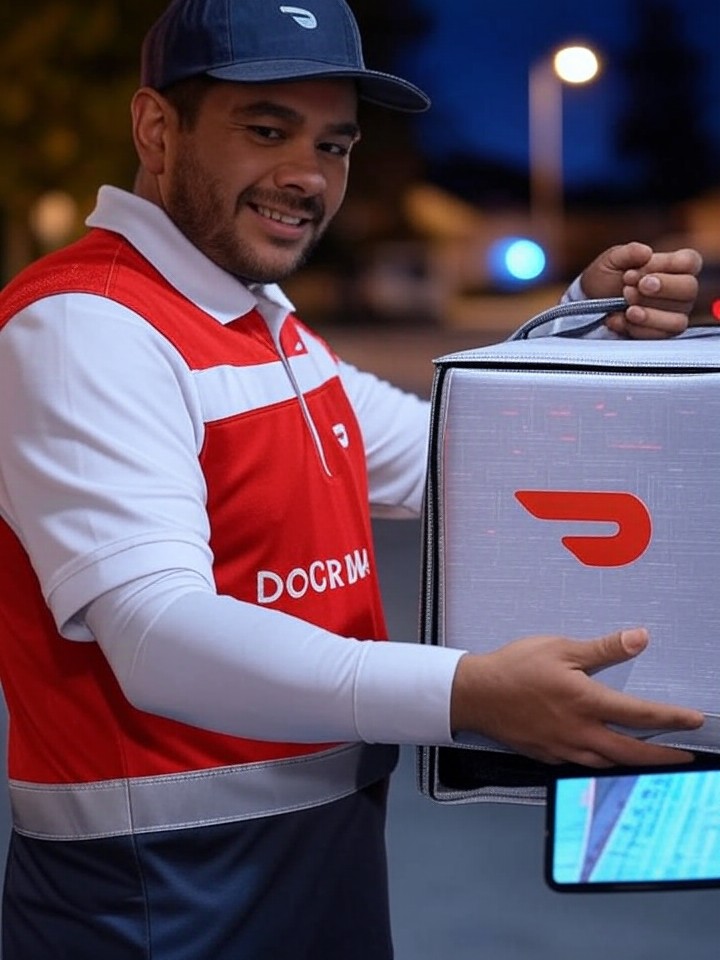From Pilot to Practice: How BBVA and Dubai Are Scaling AI Across Organizations
Artificial intelligence in business transformation has moved from a frontier experiment to a critical operational asset. Across industries and regions, organizations are discovering that the key to unleashing AI’s full potential lies not just in technology adoption but in embedding machine intelligence into every layer of decision-making. Two major examples illustrate this shift: BBVA’s journey from pilot AI projects to enterprise-wide integration, and Dubai’s rapid deployment of high-impact government AI use cases.
From Pilot Projects to Enterprise Practice: The BBVA Model for AI Scaling
BBVA, one of the world’s leading financial institutions, began its AI journey with focused pilot projects aimed at proving value through automation, data insights, and customer engagement. The organization quickly realized that the challenge was not simply about developing AI models—it was about scaling their adoption across business units and operational processes.
Building an AI-Ready Infrastructure
BBVA invested heavily in cloud-native infrastructure and robust data pipelines to strengthen model reliability and accessibility. This shift allowed AI systems to integrate seamlessly with legacy banking platforms, improving customer risk assessment, personalization of services, and fraud prevention.
By adopting a unified data architecture, BBVA ensured that data scientists, engineers, and business analysts could collaborate through a central AI platform. This alignment reduced project duplication and created standardized processes for developing and deploying AI algorithms across departments.
Empowering Teams Through Governance and Training
As BBVA scaled its AI efforts, governance and internal capability-building became pillars of its success. The bank established ethical guidelines for AI use, ensuring transparency and customer trust. Training programs were introduced to empower employees at all levels to understand and leverage AI insights responsibly.
For instance, front-line staff learned how to interpret predictive analytics in customer interactions, while executives applied AI-driven forecasts to strategic decision-making. This culture of awareness positioned AI not as a technology project but as a continuous learning ecosystem within the organization.
Real-World Impact and Measurable Gains
The results of BBVA’s scaling strategy are tangible. Through AI-driven credit scoring, the bank improved loan approval efficiency and reduced operational overheads. Customer service chatbots enhanced satisfaction scores while maintaining cost efficiency. Risk monitoring systems, now powered by real-time analytics, strengthened the bank’s regulatory compliance and audit capabilities.
From the pilot stage to full-scale operation, BBVA demonstrated that sustainable AI adoption requires the right balance of infrastructure, culture, and governance – not just investment.
Dubai’s Digital Ambition: Speed as the Game-Changer in AI Governance
While BBVA exemplifies private-sector AI transformation, Dubai’s journey offers an equally compelling lesson in public-sector agility. In April 2025, Dubai’s government unveiled its State of AI Report, a comprehensive assessment featuring over 100 impactful AI use cases across healthcare, education, mobility, and city management. This announcement not only showcased the emirate’s technological advancement but redefined how governments can deploy AI at scale.
Speed Over Spending: Dubai’s Competitive Advantage
During an exclusive discussion, Matar Al Hemeiri, Chief Executive of Digital Dubai, emphasized that when it comes to AI innovation, speed trumps spending. Rather than focusing solely on high-value investments, Dubai’s strategy zeroes in on swift testing, agile development, and rapid deployment. This approach allows the city to pivot, refine, and deliver AI-driven services in real time.
For example, by rapidly prototyping AI tools for urban planning, the city optimized traffic flows within months instead of years. Similarly, by fast-tracking AI adoption in citizen services, Dubai improved transparency, responsiveness, and cost savings across multiple agencies.
Integrating AI into Everyday Governance
Dubai’s AI deployment is not limited to smart infrastructure. It extends to healthcare data management, environmental monitoring, and predictive maintenance for utilities. The city’s goal is to integrate AI into every public function, from how citizens pay for services to how policy decisions are made.
Notably, the emirate’s data governance frameworks were built to encourage AI experimentation while maintaining privacy and ethics. By setting clear boundaries around responsible innovation, Dubai fosters trust while encouraging flexibility—a balance few cities have managed to achieve.
Public-Private Collaboration as an Accelerator
Another cornerstone of Dubai’s approach is collaboration. The Digital Dubai initiative works hand-in-hand with startups, global tech companies, and academic institutions. These partnerships accelerate problem-solving by combining government agility with private-sector innovation.
For instance, pilot programs run jointly with technology partners have yielded AI-driven waste management systems that predict landfill usage, and digital twins that help simulate energy efficiency across buildings. By scaling such pilots rapidly, Dubai sets a benchmark for smart city governance.
Lessons from Both Fronts: AI Scaling Requires Strategy, Not Just Spending
The parallel journeys of BBVA and Dubai share a critical commonality: both institutions recognized that success in AI depends on agility, scalability, and governance rather than the size of the budget. Whether in the boardrooms of multinational banks or the administrative offices of a city-state, AI excellence is now defined by implementation speed and adaptability.
Key Takeaways for Organizations Seeking to Scale AI
- Start with pilot projects, but design with scalability in mind: Begin small but plan for system-wide adoption to avoid bottlenecks later.
- Invest in data quality and infrastructure: Scalable AI relies on unified data governance and secure integration pathways.
- Build interdisciplinary teams: Collaboration between data scientists, engineers, and domain experts speeds up innovation cycles.
- Focus on speed and experimentation: Rapid prototyping enables organizations to refine use cases and optimize real-time performance.
- Prioritize trust and ethics: Transparent AI practices foster long-term engagement and stakeholder confidence.
Conclusion: The Future Belongs to Fast, Responsible AI Innovators
As BBVA transitions from AI experimentation to enterprise-scale execution, and Dubai pushes the boundaries of government innovation, one message stands out: speed and strategic deployment are the primary currencies of AI success. The global race toward AI-powered efficiency will not be won by those who spend the most but by those who learn, adapt, and execute the fastest.
For businesses, governments, and institutions worldwide, this moment represents both a challenge and an opportunity. As technology evolves, so must the frameworks that manage it. Those able to embed AI seamlessly across their operations—guided by purpose, speed, and accountability—will lead the way in defining the intelligent organizations of the future.











